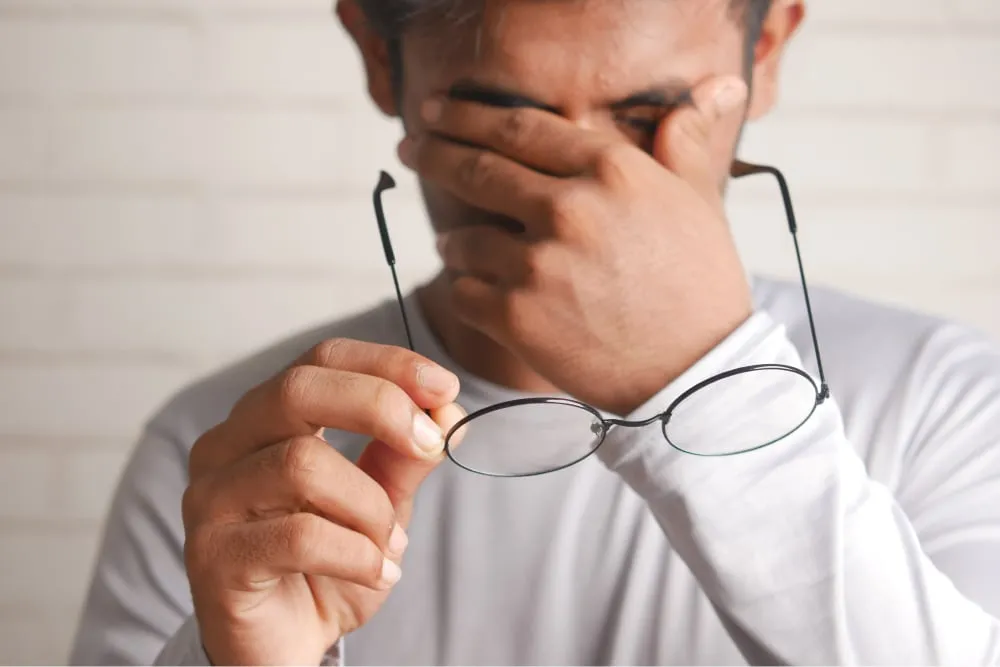Anorexia and your digestive system
Anorexia nervosa (AN) can definitely affect your digestive system. One of the most frequently experienced symptoms seen in AN is constipation.
Tabs content 1
Tabs content 2
Anorexia nervosa (AN) can definitely affect your digestive system. One of the most frequently experienced symptoms seen in AN is constipation.

Your gastrointestinal system (GI tract) extends from your mouth all the way down to the anus. Along the way, there are many parts of the GI tract that are affected by eating disorders. For example, one study found that 64% of women with a diagnosis of an eating disorder had irritable bowel syndrome. (1) That’s a pretty high percentage!
Inside your cheeks are glands called parotid glands. These glands may become swollen if someone with anorexia nervosa also does self-induced vomiting. When the parotid glands are swollen like this, the condition is called sialadenosis. It’s painful and affects the secretion of saliva when you eat.
In the upper part of the GI tract is the esophagus (throat area). This is a tube about eight inches in length, that is made of muscles, and connects the throat to the stomach. If an individual has the binge-purge subtype of AN, the vomiting episodes may weaken the area between the esophagus and the stomach. This area contains a sphincter, kind of like a guard between the two areas but made of muscle.
The purpose of this sphincter is to keep food that travels down into the stomach in the stomach. But when the vomiting occurs repeatedly, the sphincter gets very weak and can’t keep the area shut. Thus, whatever is in the stomach comes back up, bringing acid with it. This can then cause a destruction of the mucosal soft tissues in the esophagus.
There are a few different potential problems those with anorexia face which affect the colon. They are listed below.
When you eat, the food passes through the whole GI tract. The large intestine has smooth muscles on the inside of it that pushes the food along the way.
There has to be enough food consumed, to prevent constipation. If you are restricting, there’s not enough stool to be passed along the way to the rectum. People have to eat an appropriate amount of food there to be excreted by the body.
People with AN often don’t eat enough, which is a hallmark of the disorder. When you restrict your intake, your gut motility slows down. This can cause discomfort if digestion is delayed F With restricted intake, the little bit of food consumed can significantly slow digestion, increasing the likelihood for uncomfortable physical sensations.
When stool doesn’t pass through the colon fast enough, that’s called constipation. One of the side effects of constipation can be pain with bowel movements. Abdominal swelling, feeling full, hard or dry or lumpy, stools that are small like marbles, and the feeling that you cannot empty your bowels completely are all symptoms of constipation.
In one study, four of six patients with anorexia nervosa had delayed colonic transit that the doctors timed as greater than 70 hours. However, with refeeding, three weeks later, their colon had healed and was acting normally. (3)
Anorexia makes changes happen in your gut flora as well. Gut flora is healthy bacteria that lives in your digestive tract, and impacts things like mood, and digestion. (5) Your gut flora needs to be fed with foods that support them. If they don’t get support, they die. With higher rates of die-off, what happens is the disease-causing flora – ‘bad’ flora in the gut end up multiplying.
Many of these types of ‘bad’ bacteria produce a lot of gas, and for a lot of people with anorexia, they can experience increased gas. With extra gas in the GI tract, there is a lot of pain from the distention. You have pain receptors in your colon that react to stretching and stretching occurs with excess gas.
When your gut flora is off track, other things happen as well. For example, your gut bacteria produce serotonin, which calms you down and helps prevent anxiety. But if there aren’t enough gut flora to do this, anxiety will happen more often.
The GI tract is living tissue that responds daily to what’s happening inside you. When you eat, the GI tract is like a factory that processes all the foods you have eaten. Cells in the GI tract reproduce every three to four days, but if you aren’t eating enough food, this will slow down. It can slow down to such a low pace that the GI tract starts literally withering away. This is called atrophy of the GI tract. Atrophy means wasting away.
This atrophy of the GI tract is the reason why anyone who is not eating enough has difficulty consuming a full meal even though they are hungry. It takes a few weeks of eating regularly for the body to normalize its GI process.
The longer an individual has AN, the likelihood increases that the body’s fat stores are used up, even from places within vital internal organs. One example of the fat pads in the body that may be used up is those located in the space between the aorta and a large artery called the superior mesenteric artery. When this fat disappears, it can leave you with abdominal pain and vomiting. Only refeeding restores the fat pad and stops the pain and vomiting. (4)
You might be interested in
When someone has AN they need a qualified registered dietician on their health care team to help them with creating a meal plan which includes refeeding, if required. Probiotics will be used to help rebuild the number of flora in the colon. Many of the formulas on the market are low potency and a registered dietician may decide that based on your individual case, you may need a much higher potency one.
The low potency probiotics are those that are 1 billion to 5 or 10 billion cfu. The cfu stands for colony forming units. These may only have between 2 and 8 different strains. Higher potency probiotics are 100 billion, 150 billion or even 200 billion cfu. The clinical strength probiotics will contain up to 40 different strains.
Science still hasn’t come close to recreating all 300 or 400 strains that should be living in the gut. However, the 40 different strains have worked for a lot of practitioners. The research is full of studies that show benefits such as less anxiety, less depression, better sleep, better skin, less gas, diarrhea or constipation relieved, and more regularity.
Another way to repopulate the GI tract is with foods higher in probiotics such as kefir milk made with kefir grains. The kefir grains may be used in coconut milk to make coconut kefir, and other foods may also be used in the process. Kimchi, miso, kombucha, and freshly made sauerkraut rather than the kind that is canned are also probiotic foods. (2)
Besides functional foods with extra probiotics and probiotic supplement, vegetables, fruits, nuts and seeds can be staples of a regular diet. The foods that are good sources of fiber include beans of all kinds, lentils, nuts, seeds, and vegetables such as green beans, asparagus, okra, chickpeas, broccoli, and fruits such as apples, prunes, pears, and blackberries.
You can expect your gut will take about a month to get back to eating normal sized amounts of food. That’s what was found in the study of six women with anorexia and constipation – their colonic function was back to normal in about three weeks. (3)
You might be interested in
Disclaimer about "overeating": Within Health hesitatingly uses the word "overeating" because it is the term currently associated with this condition in society, however, we believe it inherently overlooks the various psychological aspects of this condition which are often interconnected with internalized diet culture, and a restrictive mindset about food. For the remainder of this piece, we will therefore be putting "overeating" in quotations to recognize that the diagnosis itself pathologizes behavior that is potentially hardwired and adaptive to a restrictive mindset.
Disclaimer about weight loss drugs: Within does not endorse the use of any weight loss drug or behavior and seeks to provide education on the insidious nature of diet culture. We understand the complex nature of disordered eating and eating disorders and strongly encourage anyone engaging in these behaviors to reach out for help as soon as possible. No statement should be taken as healthcare advice. All healthcare decisions should be made with your individual healthcare provider.







































